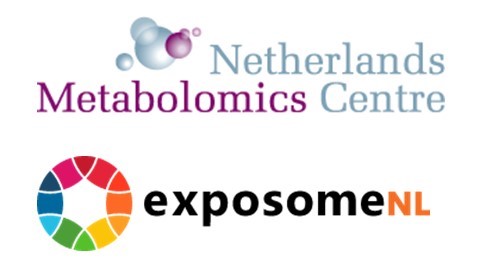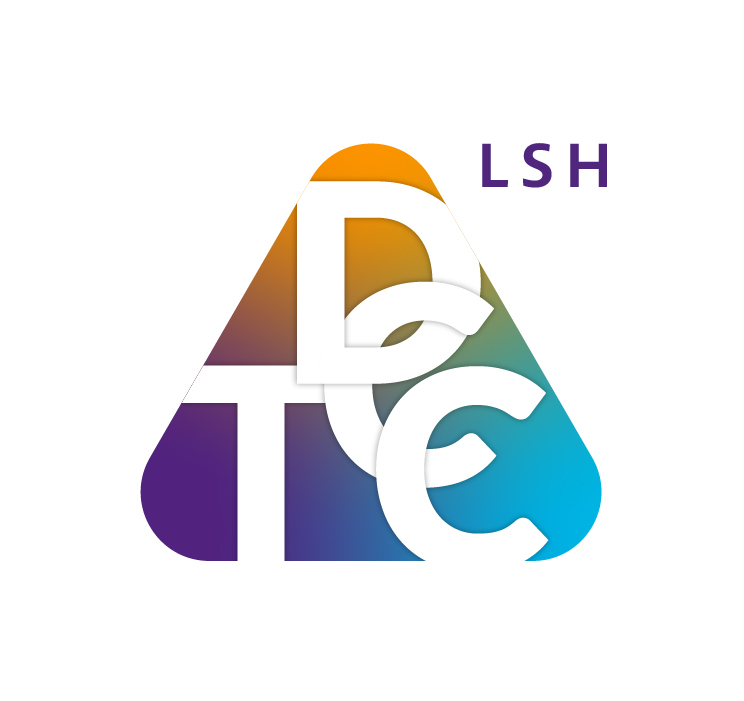Wout Boerjan
Wout Boerjan earned his PhD in Plant Biotechnology from Ghent University, Belgium in 1993 and is currently a full professor at Ghent University and group leader at the VIB Center for Plant Systems Biology, Ghent (Belgium) where he leads the Bioenergy and Bio-aromatics Group.
The research in his team aims to underpin the transition from a fossil-based to a sustainable bio-economy. His primary focus is understanding the biosynthesis and structure of lignin to provide the fundamental knowledge needed to improve biomass processing into pulp, fermentable sugars and building blocks for the chemical industry. His team uses Arabidopsis as model system for gene discovery and poplar and maize for translational research in field trials.
Metabolomics plays a central role in defining the function of new genes in aromatic metabolism. Wout Boerjan has been an EMBO member since 2019. In 2020, he received the Dr. A. De Leeuw-Damry-Bourlart FWO Excellence Prize for Applied Sciences, and in 2024, the Marcus Wallenberg Prize in Forestry.
https://www.boerjanlab.be/research
Presentation
Metabolomics as a tool to discover biosynthetic pathways and identify gene functions
Although the plant kingdom provides an enormous diversity of metabolites with potentially beneficial applications for humankind, a large fraction of these metabolites and their biosynthetic pathways remain unknown. One reason is that most metabolites are present in minute quantities, making their purification for structural elucidation cumbersome. Another reason is that scientists tend to only identify biosynthetic pathways for known compounds. This chicken-or-egg situation means that a large portion of specialized metabolism remains a black box, both from the metabolite and biosynthetic pathway points of view. One way to identify genes involved in biosynthetic pathways in an untargeted approach is through metabolite-based Genome Wide Association Studies (mGWAS).
In this method, untargeted metabolite profiling is carried out on a large collection of sequenced germplasm, and associations between genetic polymorphisms and metabolite abundances are search for. We developed such method for qualitative metabolic traits in Arabidopsis.
Multiple gene-metabolite associations were further confirmed through reverse genetics studies combined with comparative metabolomics of mutant and wild-type plants, and/or in vitro enzyme assays.
A similar mGWAS approach is now being carried out on a collection of 780 Populus nigra accessions. In addition to the untargeted discovery of metabolic pathways, we are also interested in identifying new players specifically in phenylpropanoid biosynthesis.
This pathway is central to the production of numerous aromatic molecules, such as flavonoids and coumarins, and the polymer lignin. Through co-expression analyses, we identified new candidate genes in this pathway.
Their roles were discovered by reverse genetics, coupled with comparative metabolite profiling and the MS-based structural characterization of compounds that differentially accumulate in the mutant versus the wild-type.
The knowledge of these new gene functions was then used in poplar to improve the processing efficiency of woody biomass into fermentable sugars through genetic engineering.
Benelux Metabolomics Days 2024
 Registration website for Benelux Metabolomics Days 2024
Registration website for Benelux Metabolomics Days 2024Benelux Metabolomics Days 2024meike.bunger@health-ri.nl
Benelux Metabolomics Days 2024meike.bunger@health-ri.nlhttps://www.aanmelder.nl/bmd2024
2024-09-05
2024-09-06
OfflineEventAttendanceMode
EventScheduled
Benelux Metabolomics Days 2024Benelux Metabolomics Days 20240.00EUROnlineOnly2019-01-01T00:00:00Z
Villa JongeriusVilla JongeriusKanaalweg 64 3527 KX Utrecht Netherlands








